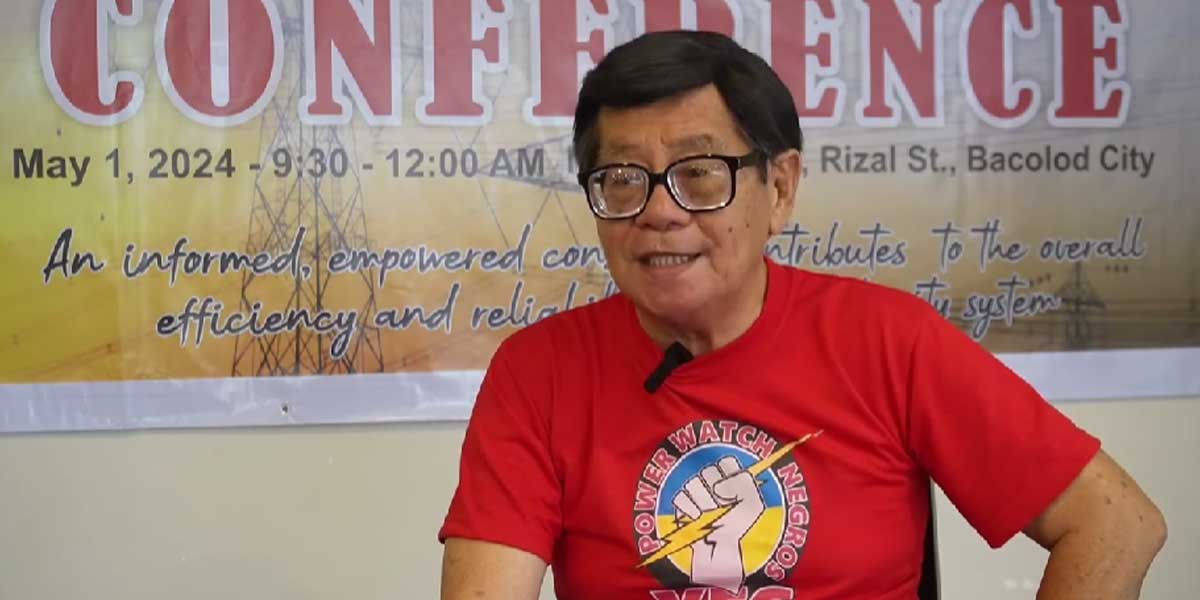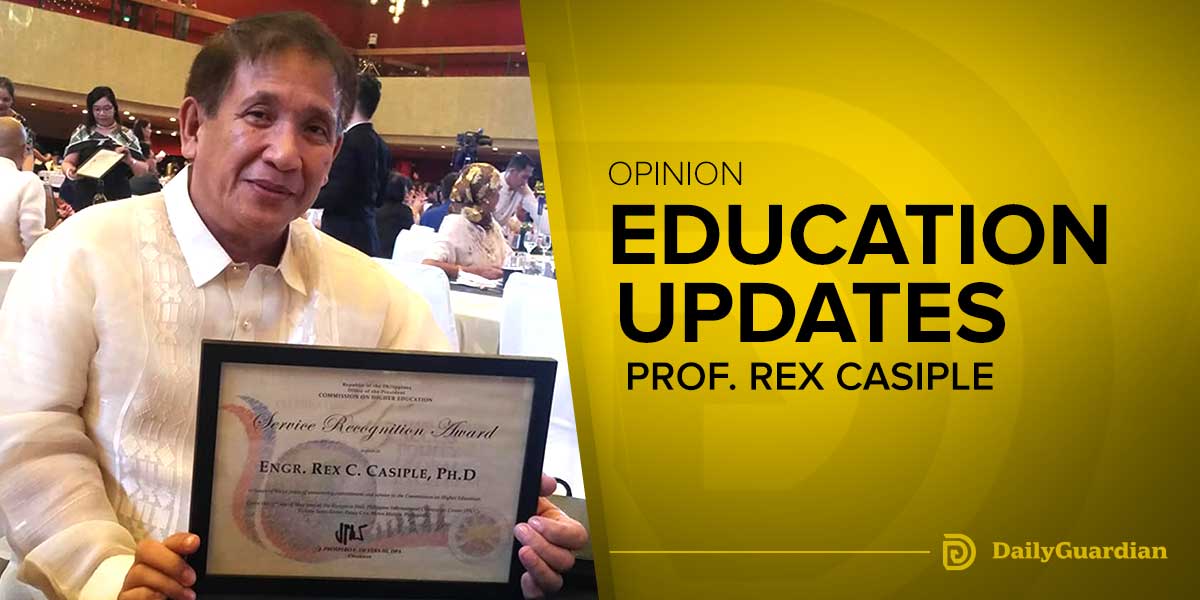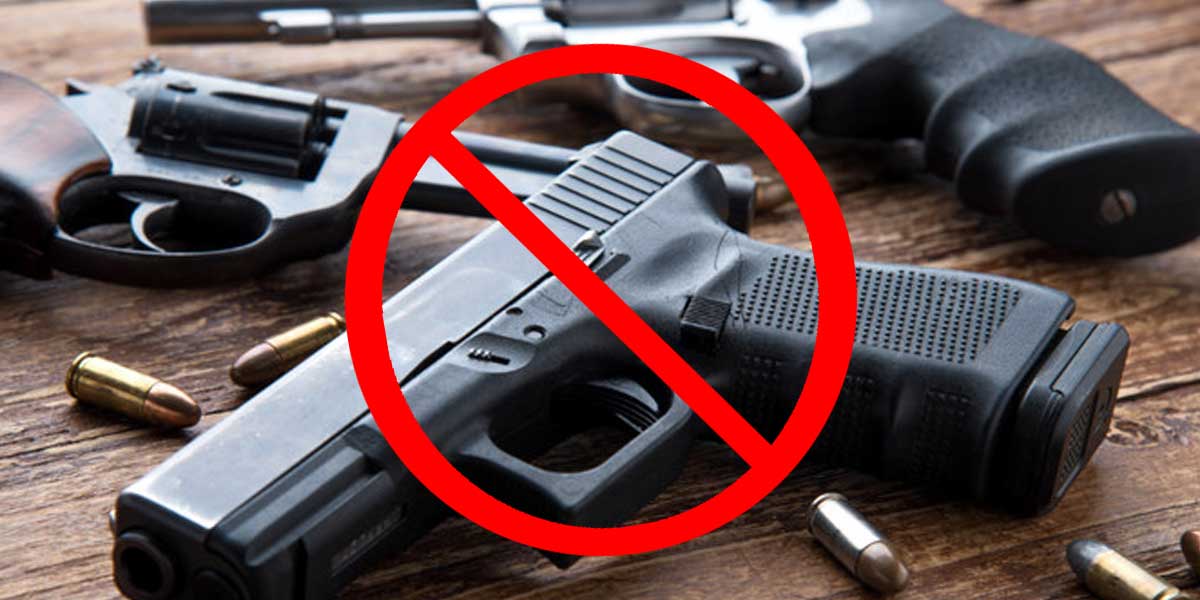 By Modesto P. Sa-onoy
By Modesto P. Sa-onoy
It is good for our national unity and understanding that a debate on the wisdom or folly of the Anti-Terrorism Bill is gaining traction. Radio and newspaper discussions are enlightening our people because lack of understanding is a major factor in fear. As Party List Cong. Stephen Paduano claims, we have nothing to fear but church leaders and lawyers claim otherwise.
Unless the nation comes to an understanding, we will be seeing troubles in the streets reminiscent of the years prior to the collapse of the martial law regime. The Anti-Terrorism measure intended to stop terrorism might create chaos in the streets. A peaceful and unbridled discussion can prevent this.
Yesterday I cited news report that some supporters of the bill had withdrawn their support. The final “engrossed” version of House Bill No. 6875, which adopted the Senate version as it passed third and final reading last June 3, lists only 56 names as co-authors, fewer by 15 than the 71 who were originally named in the committee report.
The retractions came due to “a groundswell of opposition to the controversial measure feared as a potential state weapon against dissent.”
Sticky points are provisions that critics say would make it easier for authorities to “suppress free speech, harass the opposition, arrest activists, detain them without warrant for longer periods, and brand anyone as a terrorist.” These are generalized claims that only a debate can expose as valid or result of fear.
For instance, while it is a prerogative of the state to arrest and detain “terrorist” the problem is who makes the determination whether a person is a terrorist or merely a protestor. Of course, it follows the government security force will define who or what a terrorist is. The “term” terrorist can be defined from different perspectives and if the suspect is detained, he can suffer greatly for the mistake of the enforcers and dismissed with a “sorry”.
We are disturbed by reports that some of the principal authors, like Muntinlupa Rep. Ruffy Biazon, say the measure approved by the House was a copy of the Senate version. Three other Deputy Speakers, Loren Legarda of Antique, Aurelio Gonzales Jr. of Pampanga, and Evelina Escudero of Sorsogon joined Biazon in disowning the bill.
Legarda and some lawmakers requested their names be removed after they were “mistakenly” referred to as coauthors in the committee report endorsed to the plenary for second and third reading approval last week when they were not.
The other lawmakers whose names were allegedly removed as coauthors of the bill were Rep. Marlyn Alonte (Biñan City), Rep. Ria Fariñas (Ilocos Norte), Rep. Lawrence Fortun (Agusan del Norte), Rep. Cristal Bagatsing (Manila), Rep. Argel Cabatbat (Magsasaka Party List), Rep. Manuel Cabochan III (Party List Magdalo), Rep. Anthony Peter Crisologo (Quezon City), Rep. Ruth Mariano-Hernandez (Laguna), Rep. Julienne Baronda (Iloilo City), Rep. Michael Gorriceta (Iloilo), and Rep. Sharee Ann Tan (Samar).
The voting on June 3 showed 173 votes in favor and 31 votes against with 29 abstentions. This was corrected to 168-36 the next day due to the corrections.
Reports also say Laguna Rep. Sol Aragones and Pasig Rep. Roman Romulo informed the House secretariat that they were incorrectly recorded as having voted affirmatively to HB 6875 when they had in fact abstained.
“I share the view that we need to fight terrorism, but there are provisions I do not agree to and which I think needs further study, which is why I voted to abstain from the start, contrary to the list circulating that I voted yes,” Aragones said.
Romulo said he immediately informed the secretariat that his vote “was not properly reflected.” “They checked. Then they said it will be corrected,” he told the Philippine Daily Inquirer.
The Inquirer report also cited Bulacan Rep. Lorna Silverio, who voted yes to the bill, told Secretary General Jose Luis Montales in a June 4 letter that she was retracting her vote and would rather abstain “because I personally want to study further the pros and cons of the amendments introduced to the Human Security Act.”
How could the secretariat err in recording the “yeas” from the “nays” and those who abstained? Was there an attempt to create public perception of near-unanimous approval?
If they can make a mistake here, what of arrests on suspicions?
Let us continue tomorrow.






















